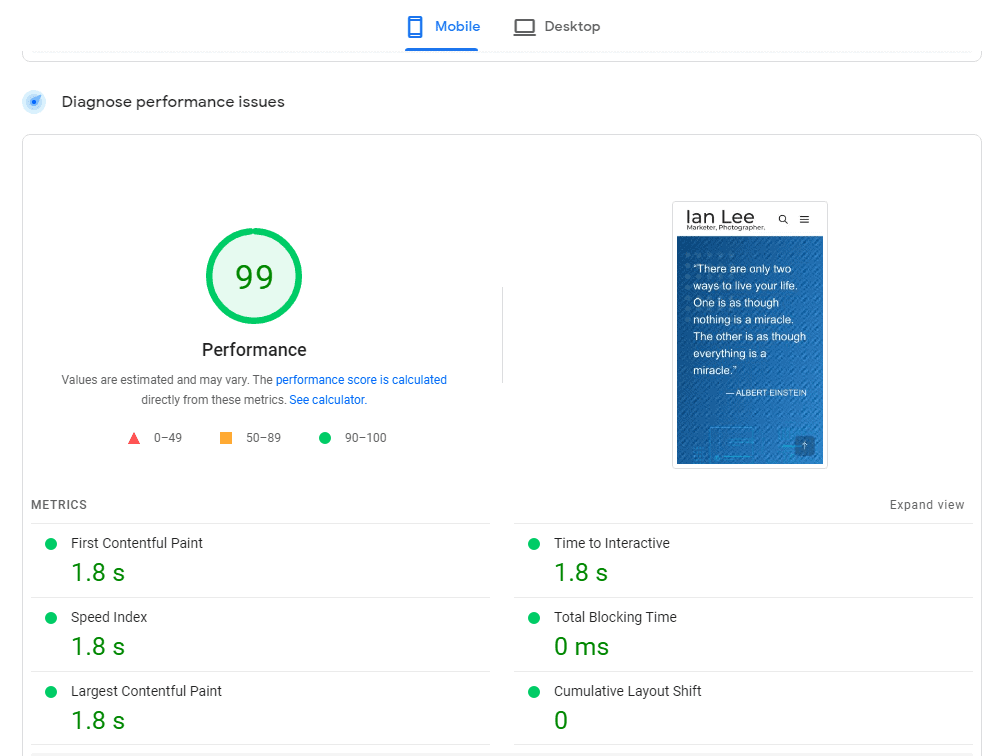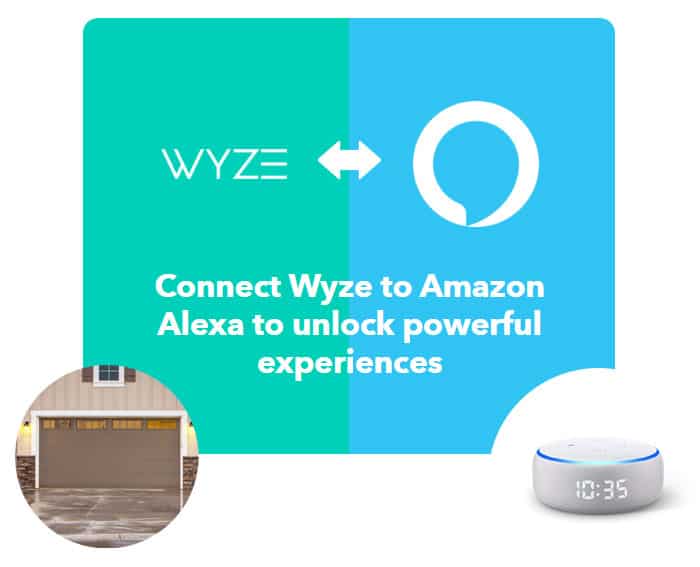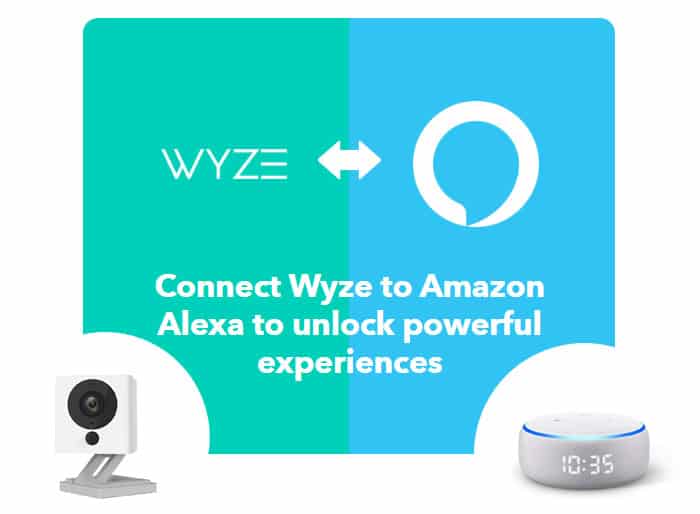Ever since I was introduced to the idea of behavioral targeting, I have always wondered why no one single entity has taken this powerful advertising driver and run with it. I guess Tacoda did try and then got bought out by AOL. It was in 2007 that I predicted marketers would more utilize this type of one-to-one advertising technique and sure enough, it took a little time but it’s here. Google announces Ads Preferences – otherwise calling it Interest-Based advertising.
Google’s Interest-Based Advertising
Previously, Google would show ads to a user based on the content of the web page that the user was reading. It is now possible for Google to show you ads based on your interests. If you visit websites that deal with travel, there will be a higher chance that you will see travel ads when you surf the Internet. Google is working with publishers to deliver Interest-Based ads so the next time you are on a foodie blog, you just might see a travel deal in a Google Ad for the vacation destination that you have been researching.
You can even control how targeted Google Interest-Based ads are. Just go to google.com/ads/preferences and you will be able to add and delete interest categories. Interest-Based ads are tied to cookies in your browser. If you delete your cookies, your settings are erased. If you prefer never to see Interest-based ads and only want normal ads, you can actually save your opt-out settings on a specific computer. Just click on Opt-Out >> Download and then follow the instructions to install a browser plug-in that saves your Opt-Out settings even when you clear your cookies.
Previous attempts by various companies to show behavioral targeted ads made users uneasy and some even called it spyware. When presented by a trusted company, in good light, with easy options to opt-out, it is now called Interest-Based advertising.
Given previous lawsuits filed by ValueClick on Blue Lithium, Revenue Science and Tacoda for infringement of behavioral targeting patents, will ValueClick soon file a lawsuit against Google?
Real World Results
So what does this mean for advertisers, publishers and users?
- Advertisers would be able to further target their ads
- Publishers would probably earn more for serving Interest-Based Ads
- Users will benefit by seeing more relevant ads and would be able to choose specific groups of ads to view
Google Made My Prediction Come True – Who Is Next?
It took someone like Google to make my prediction come true! Which will be the next network to strengthen my prediction and offer behavioral targeted / interest-based advertising? AOL has been offering behavioral targeting with their acquisition of Tacoda technology before Google made their recent announcement. So who will be next? The following networks come to mind as entities with enough reach to accomplish this.
- Glam Media
- Gorilla Nation
- Tribal Fusion
- 24/7 Real Media
- ValueClick Media
- oneNetworkDirect
- CJ
- PepperJam
- ShareASale
So will it be someone from this list or will it be another innovative network to offer fully-targeted advertising based on cookie tracking? Only time will tell.














Good information.
In the present economic situation if you are looking to get your message across to people and advertising your business without spending loads of money, then you can opt for traditional outlets like print advertising agencies. These agencies can offer you classified ad space at special discounts. This is also a great opportunity especially if you are setting up a new business or are tight on your advertising budget.
When you use a professional ad agency, you tend to receive an early notice of the special offers and prices and also a considerable reduction in the advertising rate for national press. So help your business grow by promoting it in the low priced publications. Use print media to cut your costs and boost your advertising efforts in this growing economic recession.
In my opinion it is better for advertisers, not users as I may get interested in something I don’t know yet, when I see an advert.
I agree with matura, it is definitely better for advertisers as I may be researching something for work on the internet and not get to see the ads that I would actually be interested in. I think the Advertisers could be potentially missing out due to this.